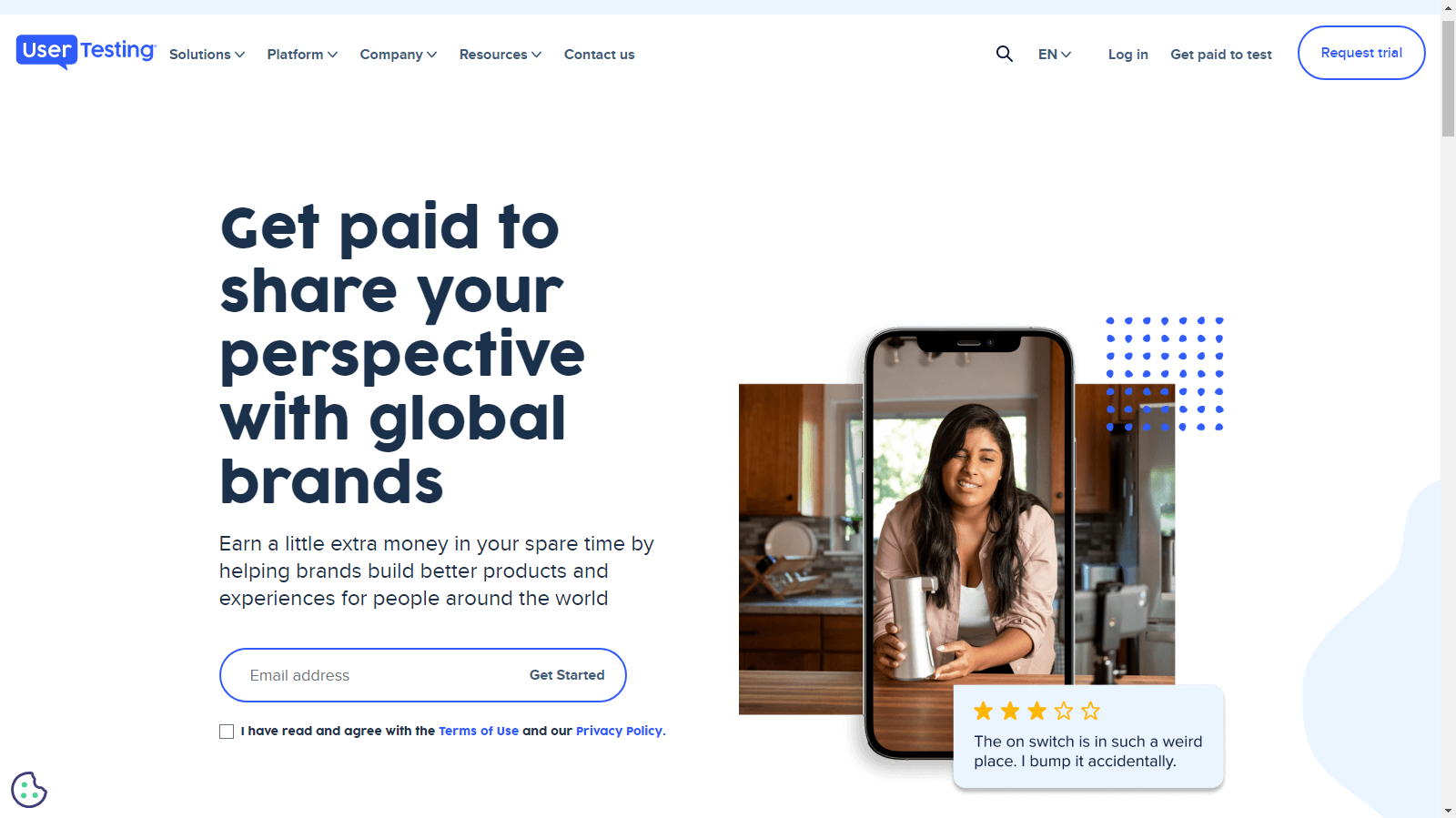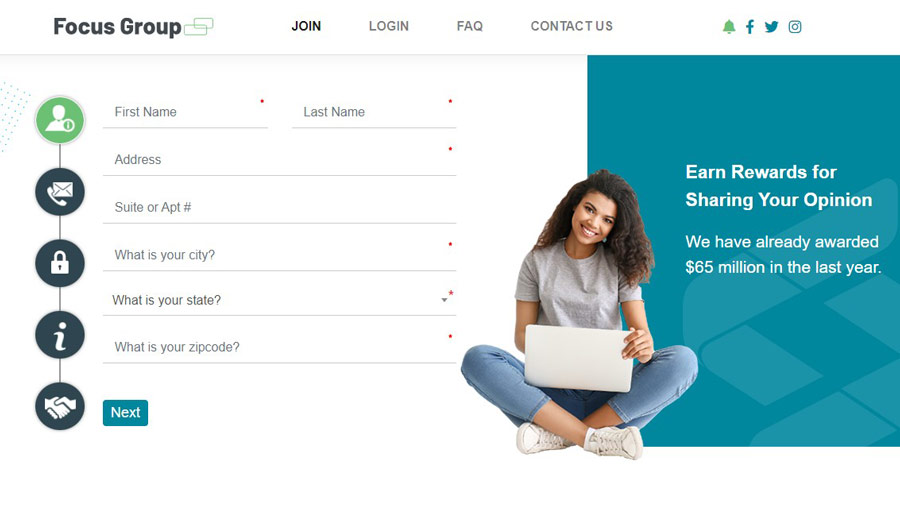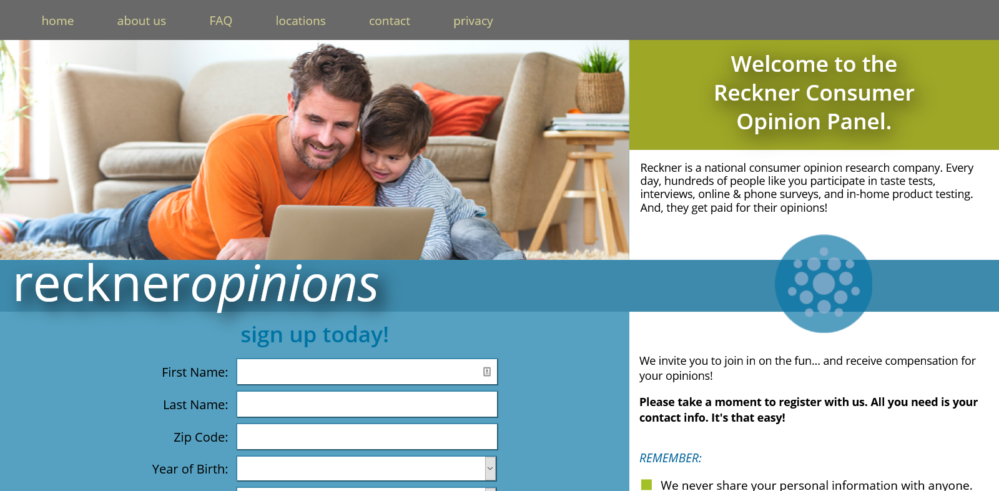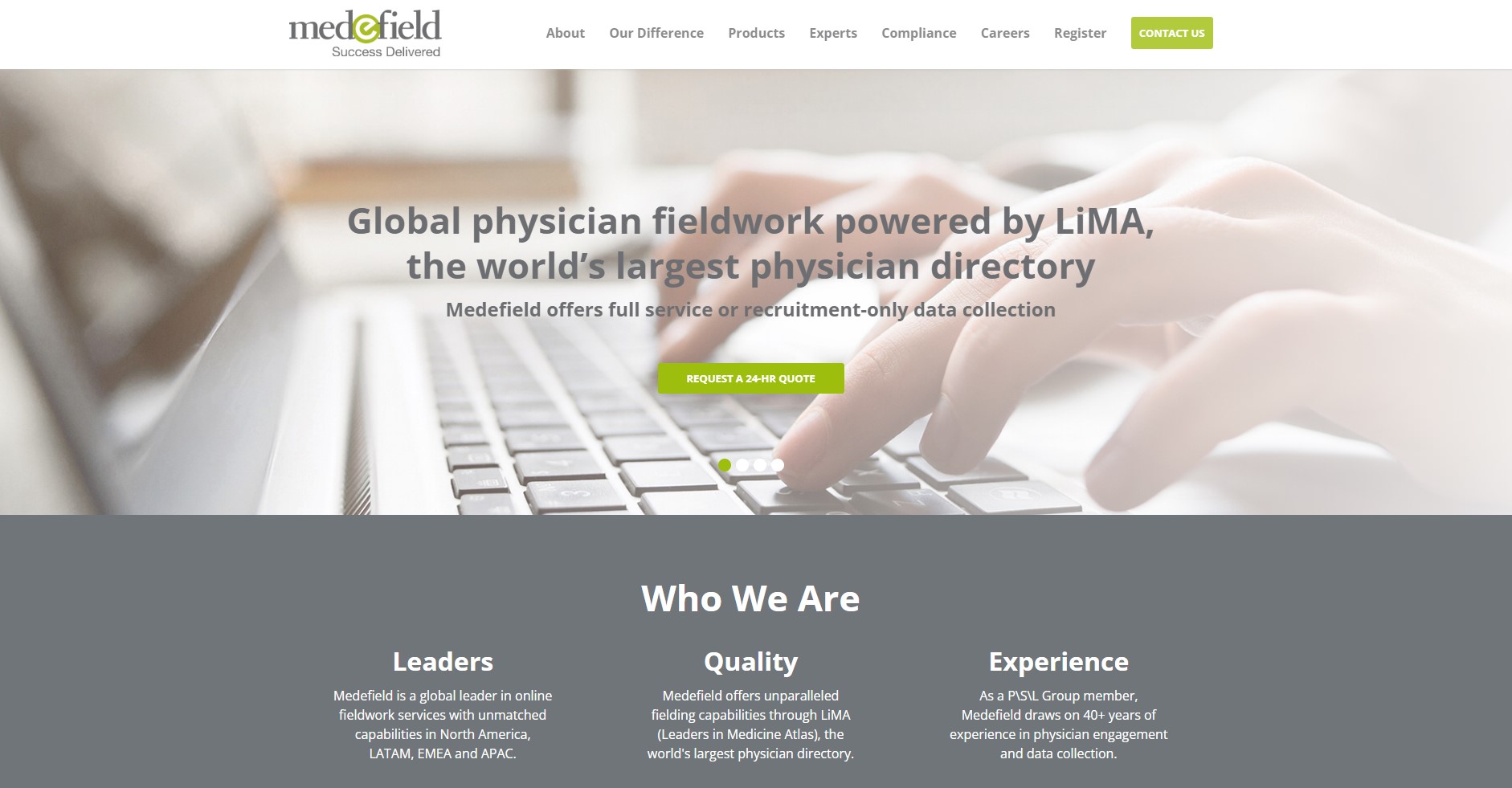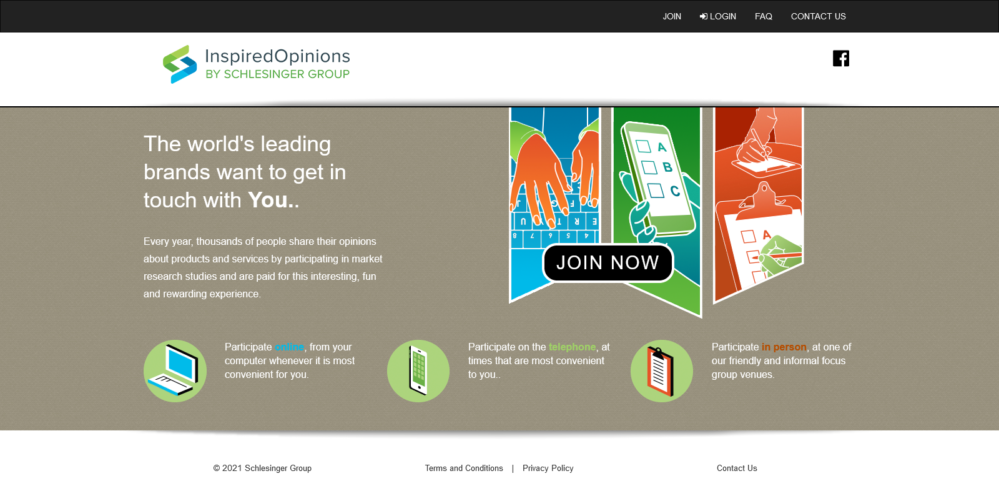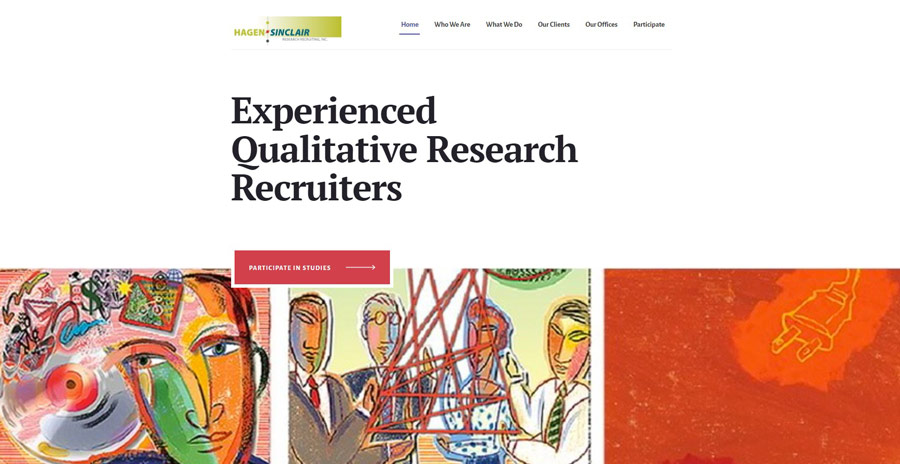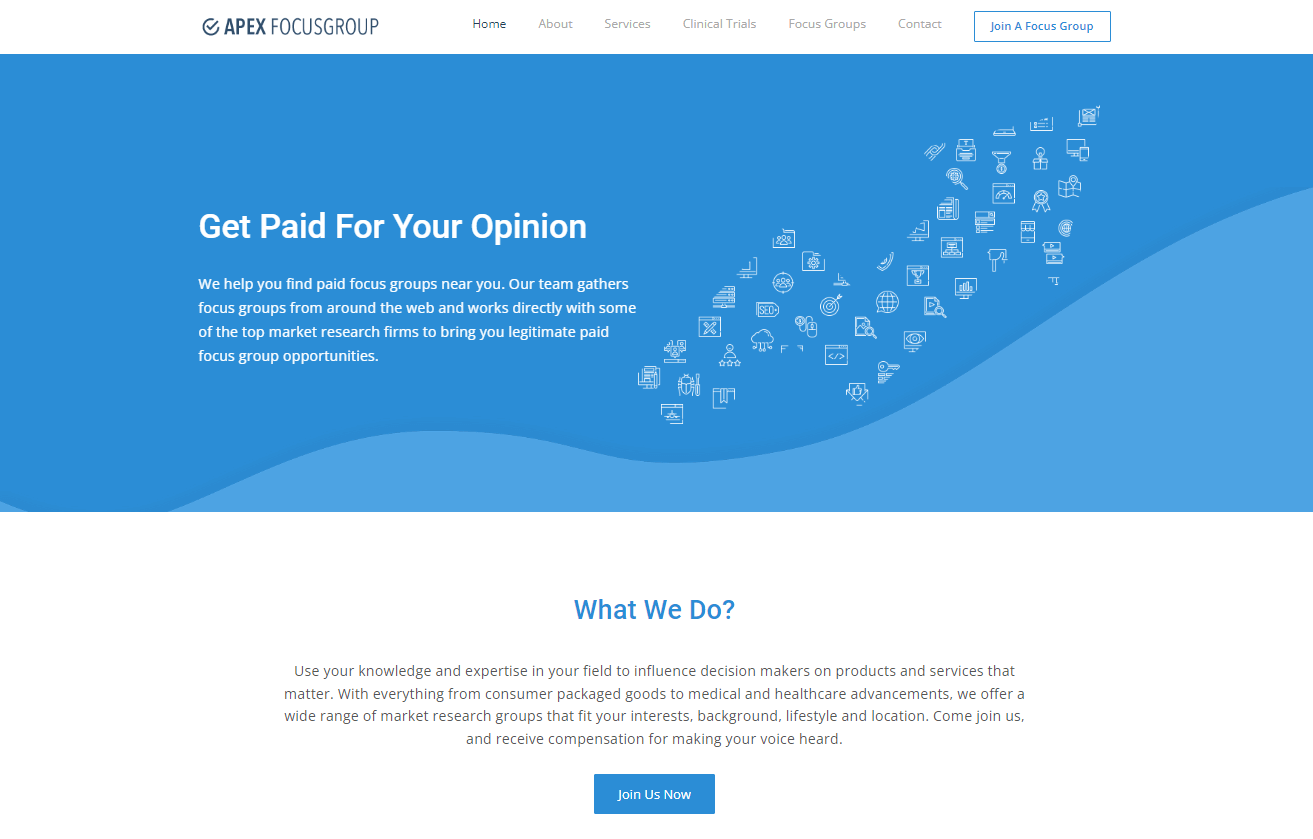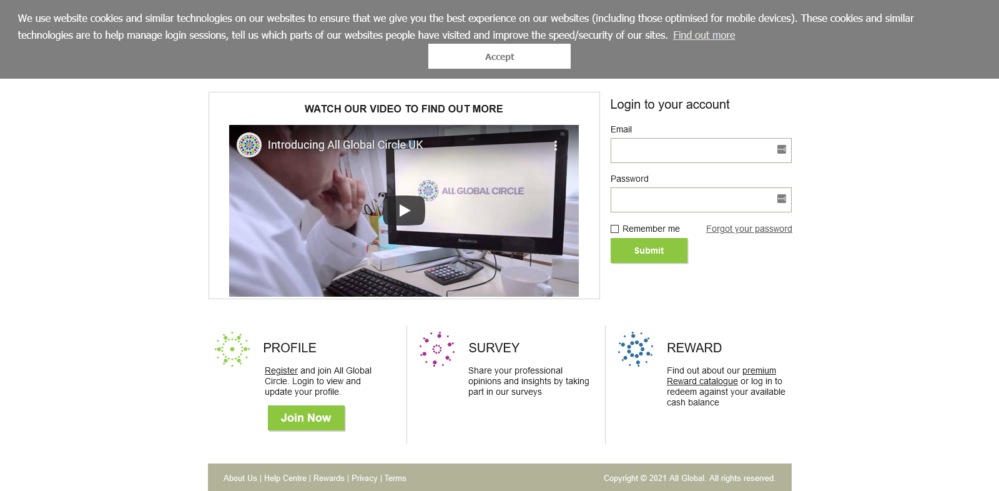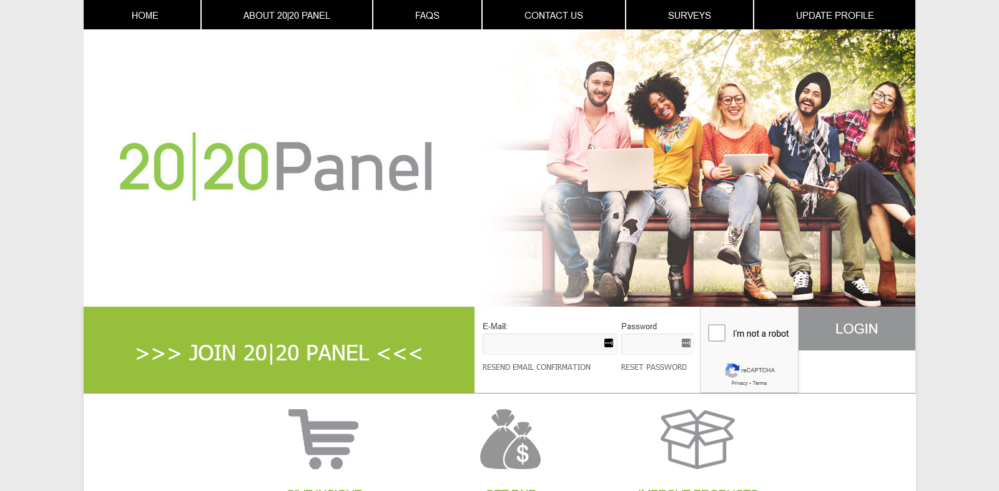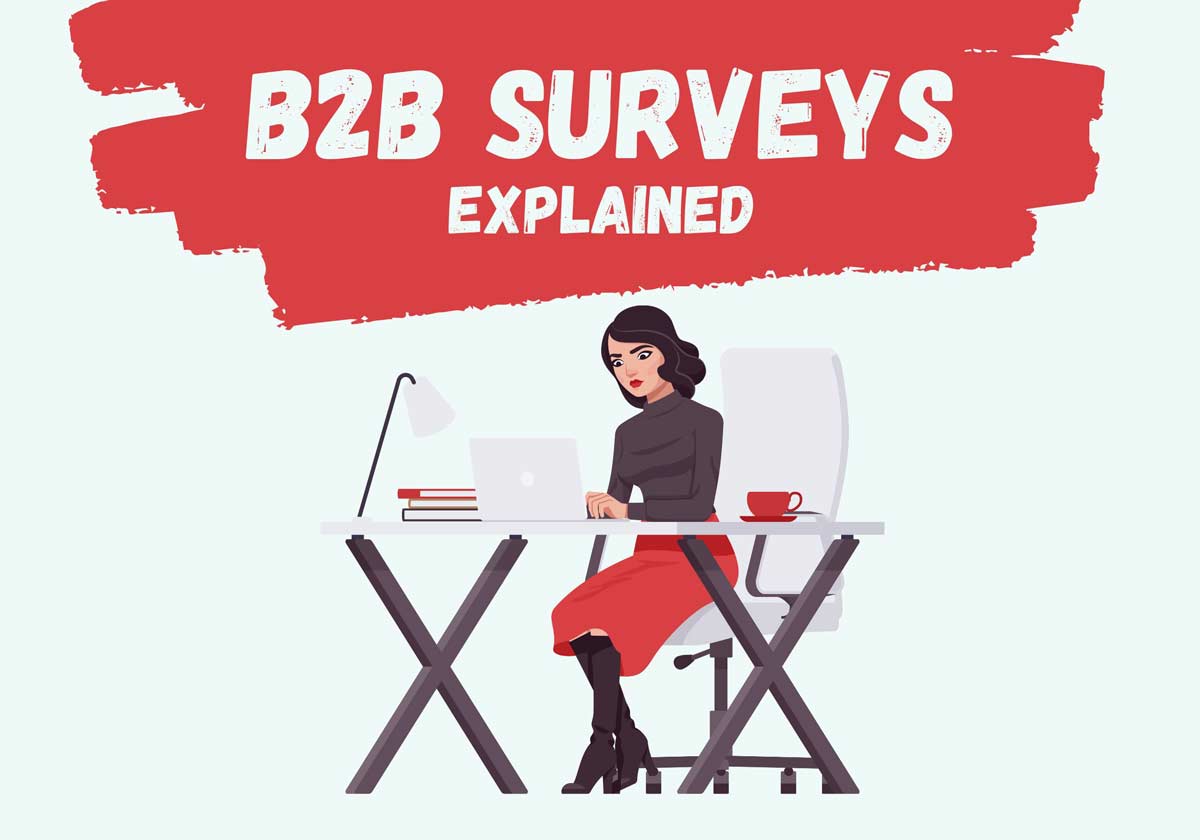The Best Focus Groups to Join in 2024
Our team of experts has reviewed a large number of paid focus group sites, offering both online and in-person gigs. Here are the best paid focus group gigs to sign up for in 2024:
- Gig Title (A-Z)
GETTING INTO PAID FOCUS GROUPS
How Do I Join Paid Focus Groups?
Registration
Sign up for a focus group site and provide your basic details.
Application
Once you've signed up, start applying for focus group gigs that you qualify for.
Selection
Based on your profile, you will be selected to participate.
Session
The session takes place either online or in person at a scheduled time.
Reward
As compensation, claim your reward either in cash or as a digital gift card.
Examples of Paid Focus Groups
Here are a few realistic examples to get a taste of how it to participate in focus group sessions:
Video Gamers
Eligible participants: Parents of children aged 6 to 12 who play video games regularly
Online or in Person: Online via Zoom
Compensation: $100 Amazon gift card
Duration: 90 minutes
Client: A video game developer
Objective: To explore the attitudes, preferences and concerns of parents regarding the content, features and effects of video games for their children
Pet Owners
Eligible participants: Pet owners who have bought pet food online in the past year
Online or in Person: Online via a survey platform
Compensation: $100 pet store voucher
Duration: 30 minutes
Client: A pet food manufacturer
Objective: To understand the buying behavior, preferences and loyalty of online pet food customers
International Travellers
Eligible participants: Travelers who have visited Japan in the past two years
Online or in Person: In person at a hotel conference room
Compensation: A $200 travel voucher
Duration: 45 minutes
Client: A tourism agency
Objective: To explore the motivations, expectations and satisfaction of travelers who visit Japan
Book Lovers
Eligible participants: Book lovers who have read at least one novel in the past month
Online or in Person: Online via a chat platform
Compensation: A free e-book of their choice
Duration: 75 minutes
Client: A book publisher
Objective: To gain insights into the reading habits, preferences and opinions of book lovers
Coffee Drinkers
Eligible participants: Coffee drinkers who consume at least one cup of coffee per day
Online or in Person: In person at a coffee shop
Compensation: $100 PayPal credits
Duration: 30 minutes
Client: A coffee brand
Objective: To test the taste, aroma and quality of a new coffee product
Music Lovers
Eligible participants: Music lovers who listen to music at least one hour per day
Online or in Person: Online via a video platform
Compensation: A free subscription to a music streaming service for one year
Duration: 60 minutes
Client: A music artist
Objective: To collect feedback and suggestions on a new album before its release
TERMINOLOGY
Key Terms Explained
Focus groups can be conducted either online or in-person, depending on the research objectives, budget, and availability of the participants. Online focus groups use video conferencing, chat rooms, or online platforms to facilitate the discussion, while in-person focus groups meet at a physical location, such as a meeting room or a studio.
Rewards
Market research firms offer rewards to incentivize people to participate in focus groups, including cash payments, gift cards, or donations to a chosen charity.
Vetting
Researchers engage in vetting to ensure that participants meet specific criteria of the focus groups. It helps maintain the integrity and relevance of the data collected.
Target Audience
A group of people who share certain characteristics (such as age, gender, location, income, etc.) that make them potential customers or users of a product or service.
Moderator
A person who leads the discussion in a focus group, asks questions, probes for deeper insights, and ensures that the conversation stays on track and relevant .
Qualitative Research
A type of research that explores the thoughts, feelings, perceptions, and opinions of people on a given topic or product. Focus groups are a common method of qualitative research .
Discussion Guide
A document that outlines the main topics, questions, and objectives of a focus group. It helps the moderator to structure the conversation and cover all the relevant aspects of the research .
Payment Options
for focus groups
Bank transfer / Wire transfer
Bank transfer is a secure and direct method of payment offered by many focus group sites. Bank transfers are favoured for their speed and reliability, making them an excellent choice for focus group participants seeking prompt payment.
Physical Check
A traditional yet widely accepted payment option in the US, physical checks offer a tangible way to receive funds. After the project is completed, the focus group site sends the check to the participant’s mailing address. Physical checks require manual processing and may take longer to clear than electronic methods.
Prepaid debit cards
Prepaid debit cards represent a convenient and flexible way to receive payments for participants. In this scenario, the site loads the payment amount onto a prepaid debit card, which can then be used for purchases or cash withdrawals.
PayPal
Through PayPal, focus group participants can receive payments electronically by linking their PayPal account to the site’s payment system. This method offers speed and convenience, as funds can be transferred to a linked bank account or used for online transactions.
Charity Donations
Some focus group sites offer a unique option for payment: the ability to direct a portion of the reward to a charitable cause of the your choice. After the session, a specified amount is donated to the chosen charity on behalf of the participant.
PayPal is the most popular payment option for paid focus groups.
Earning cash is great as it gives you the flexibility to shop anywhere.
In the US, physcial checks are still a widely accepted payment option.
Bank transfers is a common payment method for focus groups.
Gift cards from popular retailers such as Amazon are popular among focus group companies.
Having the option to donate to your favourite charity is a great advantage.
How we review focus group sites
Our Review Process
100% Independent
We pride ourselves on genuine, 100% editorial independence. This means we never accept money to review a gig or to improve a review.
Expert Reviewers
Our reviews of focus group sites and guides are all written by our on-staff experts, who have years of experience.
Original Research
Our reviews are the result of first-hand experience based on our staff working with a wide range of focus group sites.
Up-to-Date Information
To ensure our focus group site reviews remain accurate and relevant, our team is continually updating our content.
Rating Methodology
We evaluate sites based on a standardized set of criteria that’s applicable to all users .
Consistency
With expert reviewers based in several different regions around the world, we ensure that ratings are consistently compared
CONSIDER ThiS BEFORE SIGNING Up
Pros and Cons of Focus Group Sites
While participating in focus groups can be rewarding, it’s also much more complex than simple tasks like taking surveys. Our experts at HuginX always aim to give you the real deal when reviewing focus group platforms.
Here’s a sneak peek at some common pros and cons we have come across in our reviews:
Positives:
1. Fair Compensation
Focus groups usually pay $30-$100 per hour when conducted online, and $100-$200 when in-person at a remote facility.
2. Quick Payouts
Payment is usually swift upon survey completion, offering a prompt way to earn supplemental income without having to accumulate a minimum payout.
3. Flexible Work
Focus group work is 100% ad-hoc based, which means you can choose to commit on a project to project basis.
4. Make an Impact
Participating in focus groups helps companies improve their products and services, allowing you to make an even bigger impact as a consumer.
5. Minimal Barriers
Market research firms are looking for a broad selection of the population, so anyone can qualify.


Negatives:
1. Time Consuming
Focus groups are scheduled in advance, and for busy people that are full-time employed it can be difficult to fit it in their schedule.
2. Income Variability
Earnings depend on available research projects and qualifications, potentially leading to highly fluctuating monthly incomes from focus groups.
3. Travelling
If the focus group facility is far away you'll need to factor in travelling time and costs.
4. Disqualifications
Not all focus groups match your profile, leading to occasional disqualifications after investing time in qualification surveys.
5. Technical Glitches
Occasional technical issues during online focus groups can disrupt the process and impact your experience.
Great Alternatives
to Focus Groups
Not interested in participating in focus groups? Luckily, in today’s gig economy, plenty of alternatives exist to earn money online. Here are a few suggestions:
Seasoned industry experts connect with businesses seeking specialized knowledge, providing solutions and recommendations in exchange for compensation.
Testers navigate through tasks, voice their impressions, and highlight areas for improvement. This process assists companies in refining their digital offerings. A meaningful way to earn money while shaping the development of user-friendly digital interfaces.
Reward sites offer users small earnings for completing online tasks such as taking surveys, watching videos, and participating in offers.
Business-to-business (B2B) surveys target professionals and decision-makers in specific industries gathering insights on industry trends, challenges, and preferences.
Data tracking apps offer a passive way to earn money by sharing anonymous usage data from your mobile devices.





